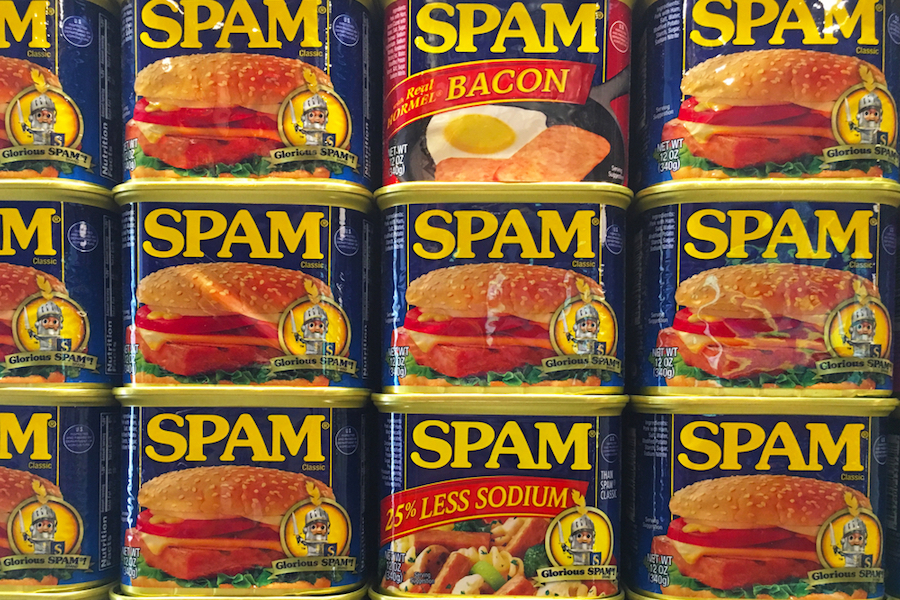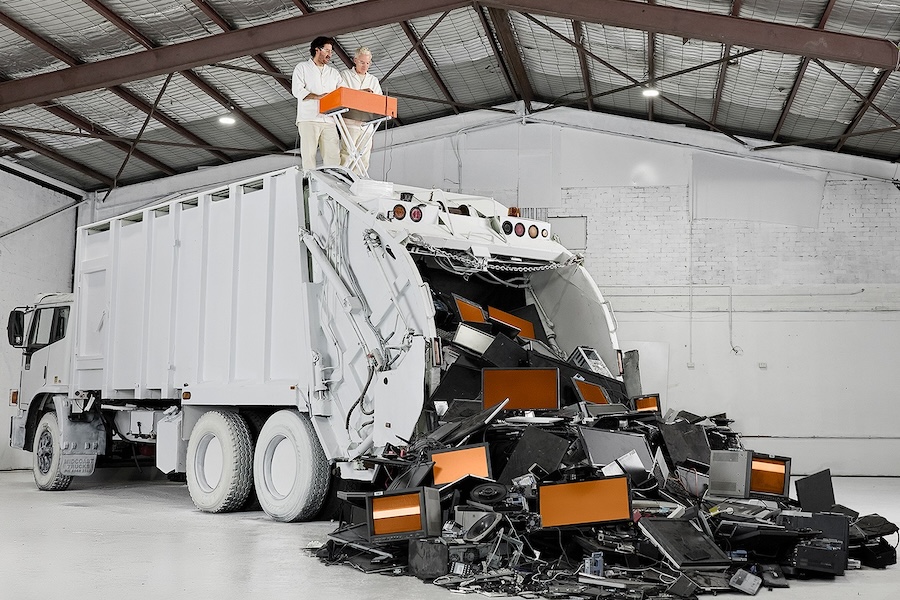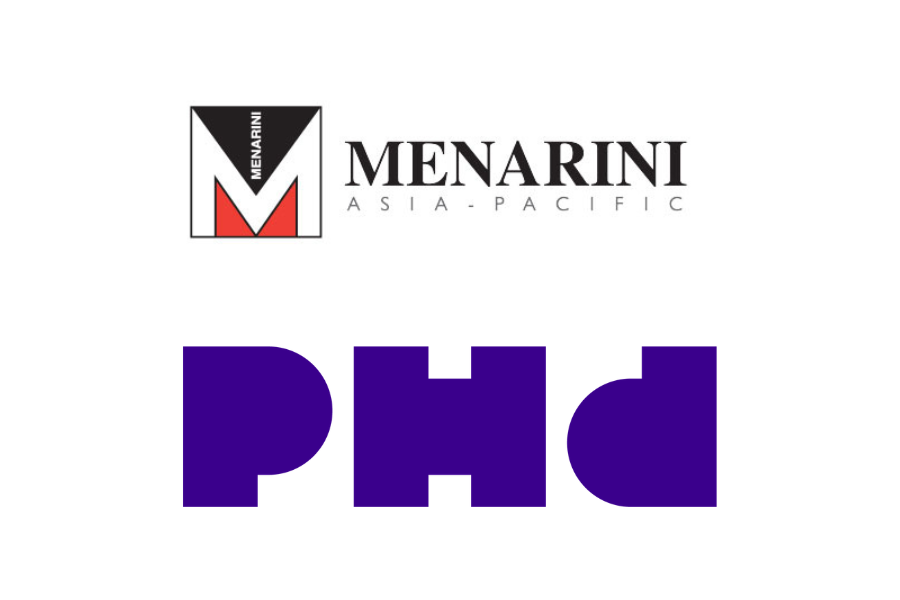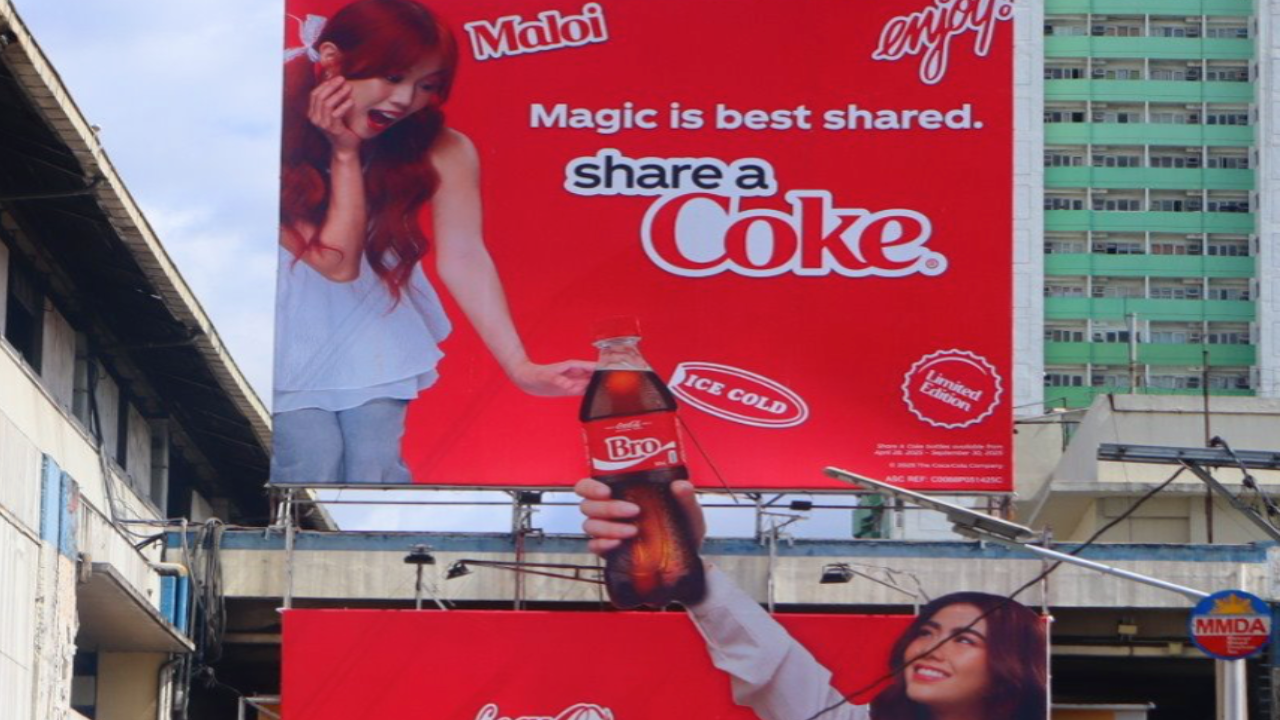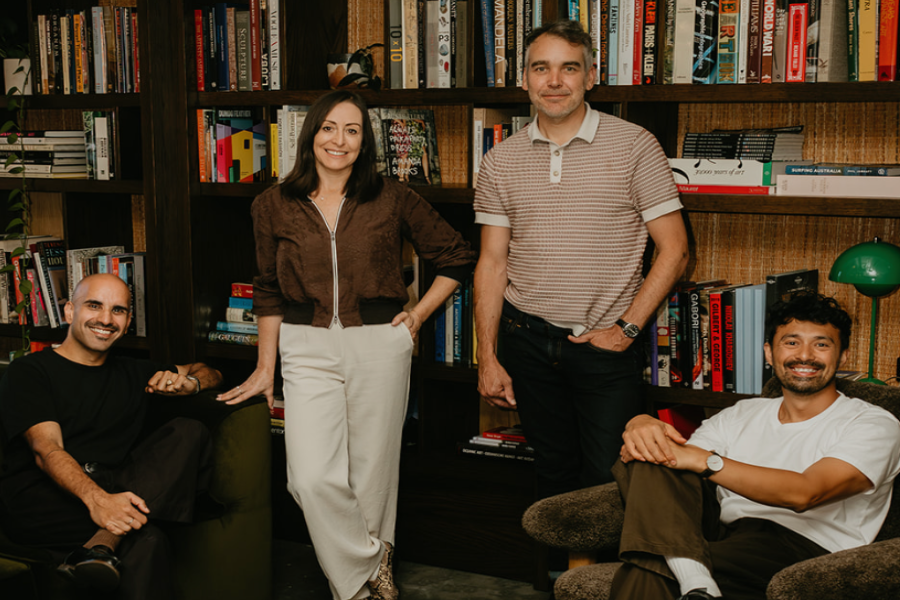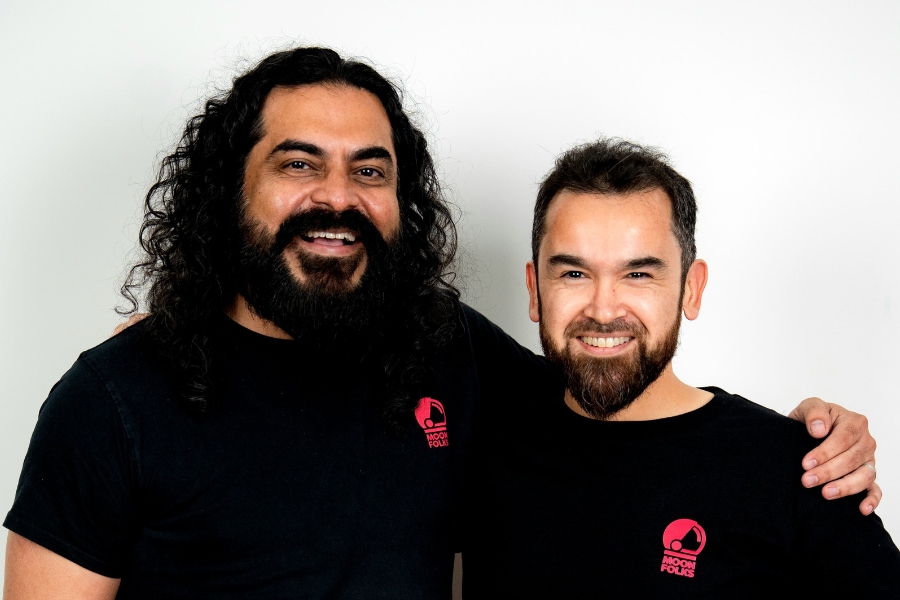One of the joys of getting into the data produced by our Asia's Top 1000 Brands list every year is that we can chart the rise of unheralded brands, those that languish outside the top 250, say, but that have made meteoric rises up the rankings that might go unnoticed but for our efforts (we like to think).
The brand making this year’s biggest leap up the chart, however, may be an omen we should fear, given the themes that have commonly been associated with it in recent generations. Think wartime, rationing, canned protein and an emblem—historically—of difficult times.
That said, many congratulations to the branding and marketing teams at Spam, which in Asia's Top 1000 Brands 2019 list catapulted up a whopping 543 places, from 953rd position in 2018 to 410th position this year. This staggering rise leads one, naturally, to wonder what contributed to it.
To summarise the brand's history, Spam was created by Hormel Foods Corporation in the US in 1937, and was a staple of military rations during World War II. In the challenging post-war recovery years, the canned luncheon meat—made primarily of pork, ham and salt—became very popular as a cheap way of providing some meat for dinner. It's famously cooked in the tin on the production line, making it ready to eat straight from the shelf.
For this reason it has since lived in the popular imagination as both a rather unhealthy, often disparaged product, and as a low-cost and easy to stockpile 'survival food' in case those war times return and you have to prepare for the worst.
Thus, one could conclude that Spam's rise today is a reaction to the state of the world we’re living in, with the feelings of domesticity, simplicity and comfort the brand invokes bringing it more into public consciousness as consumers see the effects of climate change, battle rising inequality, and fear little rocket men and giant coiffed tangerines with their fingers near big red buttons.
In fact, the data shows that within its Asia's Top 1000 Brands subcategory, canned goods, Spam is sixth overall and—wait for it—number one in South Korea. We wonder why that could be, as news of Kim Jong-un’s latest ballistic missile test crashes over the airwaves…?
Of course, there's also the fact that for Christmas last year, Spam and BBDO Guerrero put out a quite frankly stonking ad campaign in the Philippines called ‘Spam Recipeoke’, which went nuclear. It brought the brand resoundingly top of mind for consumers in the Philippines and beyond as the campaign went viral regionally.
But, just in case, check your supplies and maybe dig out that bunker.

